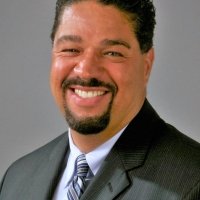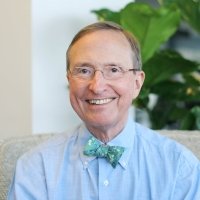Solutions for Sustainability and Resilience in a Constantly Changing World
Recent natural and manmade disasters including Superstorm Sandy, the Fukushima nuclear meltdown, and the Boston Marathon bombing have highlighted the need for communities and societies to be resilient in the face of unexpected and constantly changing challenges. In January of 2013, the Environmental Protection Agency in cooperation with the National Science Foundation, the National Council for Science and Environment, and Dow Chemical hosted a workshop on resilience and sustainability. Experts from around the world in both the public and private sectors came together to discuss what steps governments, corporations, and communities can take to adapt to disasters in an increasingly complex, interconnected world.
Papers from this workshop are now highlighted in a special issue of Solutions. Please join select authors and representatives from the Rockefeller Foundation and George Mason University to discuss how urban communities and industrial enterprises can “survive, adapt, and flourish in the face of turbulent change and uncertainty.”
This event is a part of our “Managing Our Planet” seminar series, which is developed jointly by George Mason University, the Brazil Institute, and the Environmental Change and Security Program. It is based on the premise that the impacts of humanity on the environment (including natural resources) are planetary in scale and require planetary scale solutions.
Want to attend but can’t? Tune into the live or archived webcast at WilsonCenter.org (not every event is webcast live; archived webcasts go up approximately one day after the meeting date).
Join the conversation on Twitter by following @NewSecurityBeat and find related coverage on our blog at NewSecurityBeat.org.
Media guests, including TV crews, are welcome and should RSVP directly to Benjamin.Dills@wilsoncenter.org. Media bringing heavy electronics MUST indicate this in their response so they may be cleared through our building security and allowed entrance. Please err toward responding if you would like to attend.
Speakers

Vice President, Sustainable Markets, Pact

Hosted By

Environmental Change and Security Program
The Environmental Change and Security Program (ECSP) explores the connections between environmental change, health, and population dynamics and their links to conflict, human insecurity, and foreign policy. Read more


Brazil Institute
The Brazil Institute—the only country-specific policy institution focused on Brazil in Washington—aims to deepen understanding of Brazil’s complex landscape and strengthen relations between Brazilian and US institutions across all sectors. Read more


Urban Sustainability Laboratory
Since 1991, the Urban Sustainability Laboratory has advanced solutions to urban challenges—such as poverty, exclusion, insecurity, and environmental degradation—by promoting evidence-based research to support sustainable, equitable and peaceful cities. Read more
